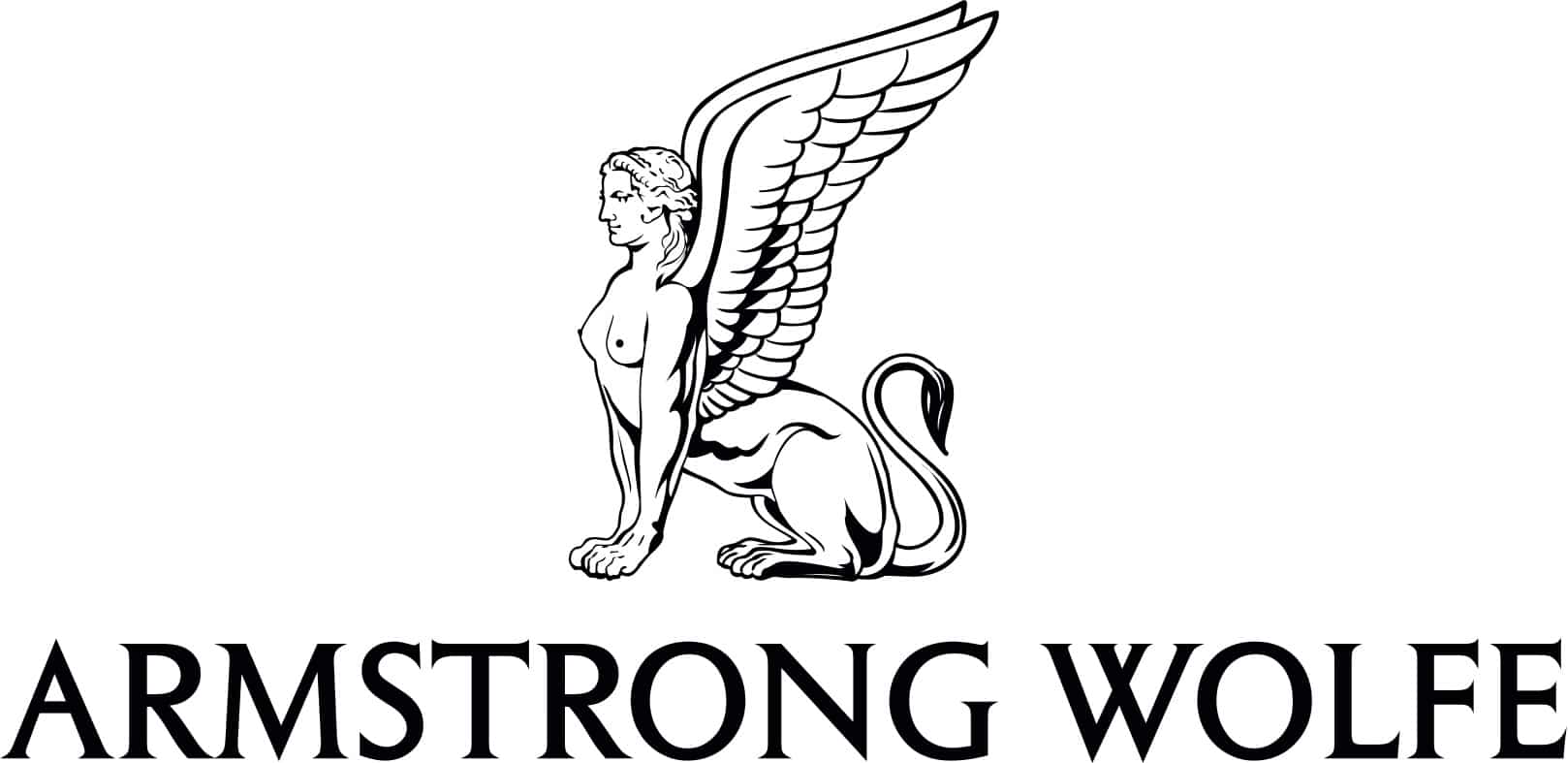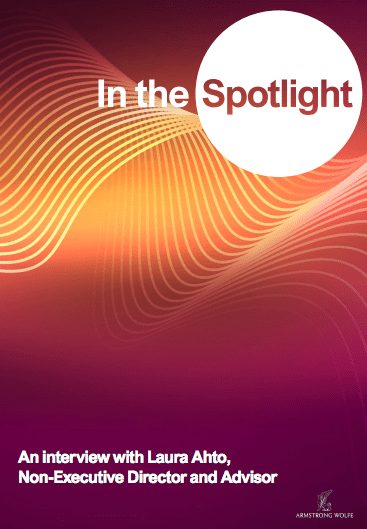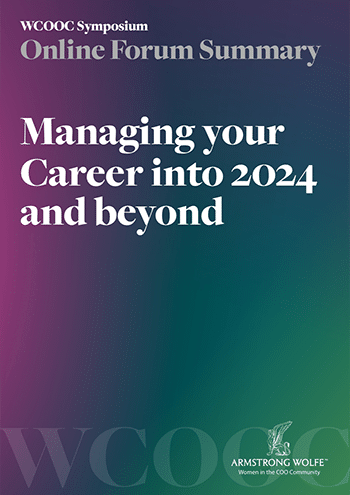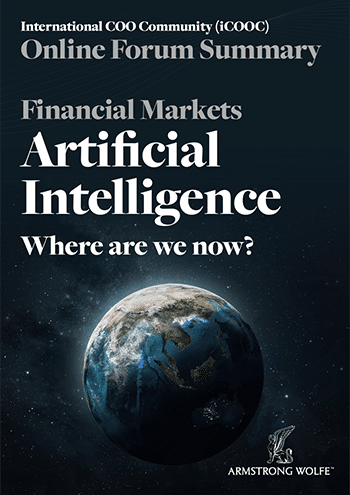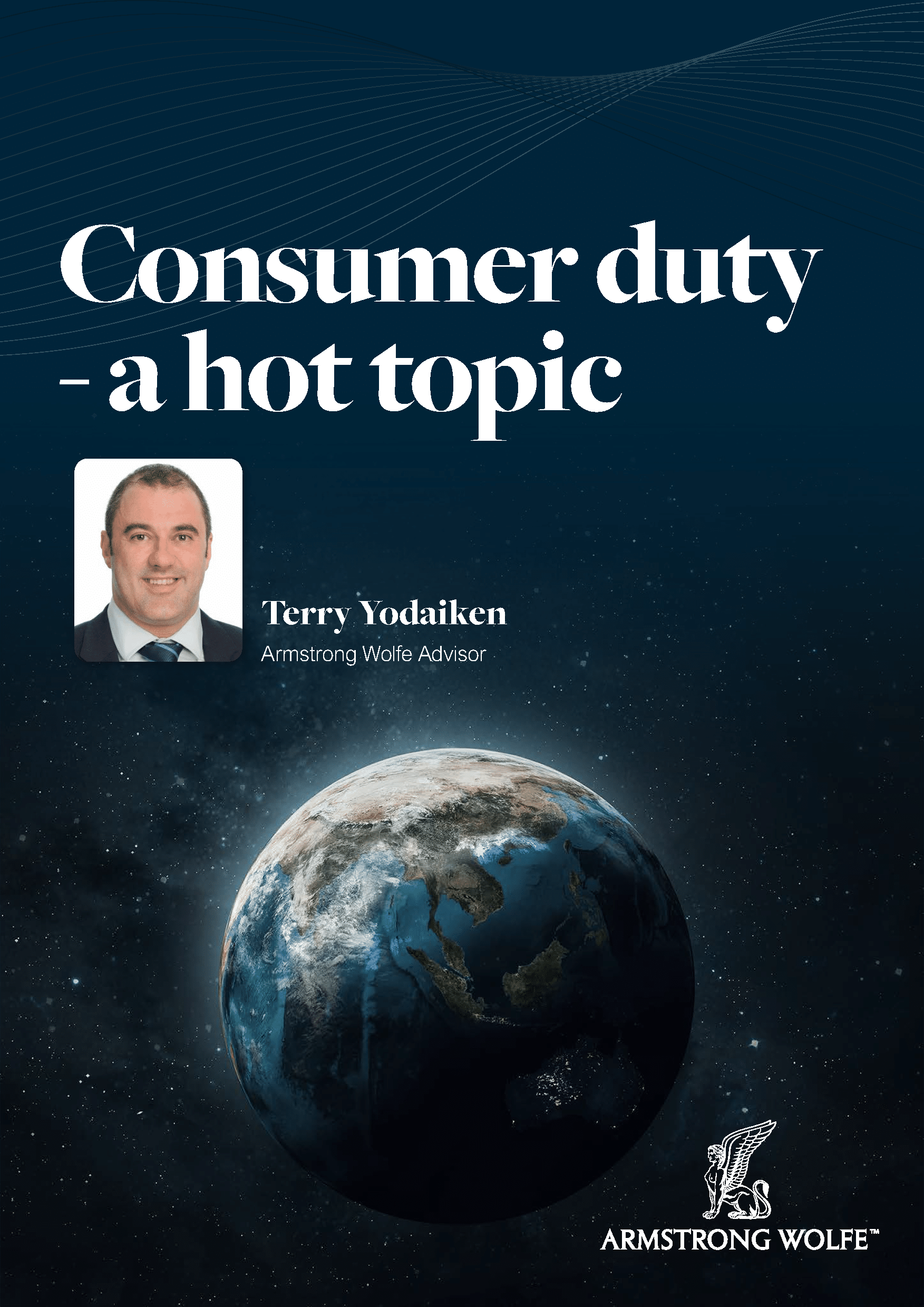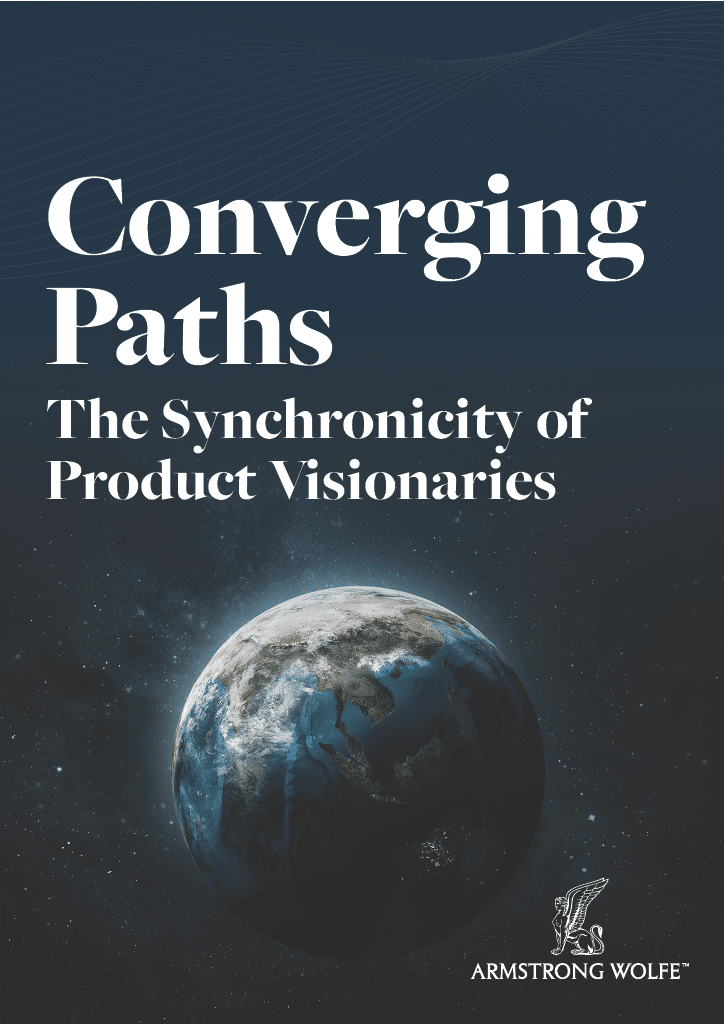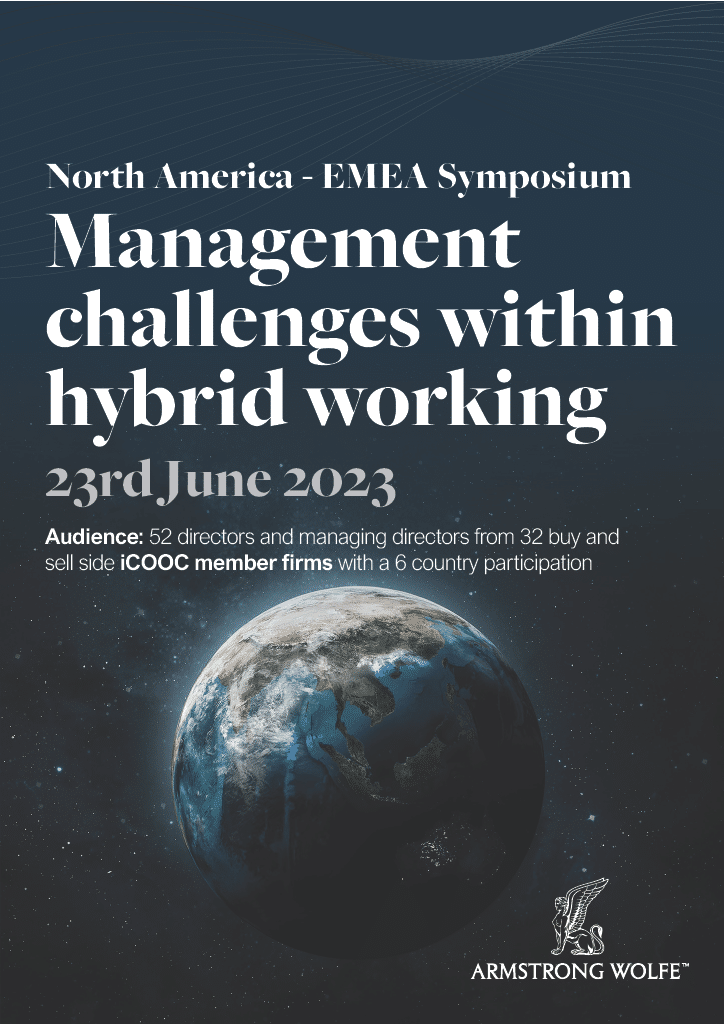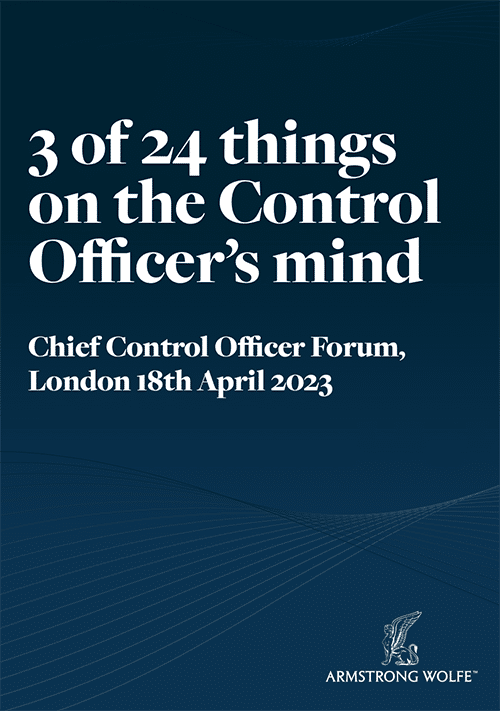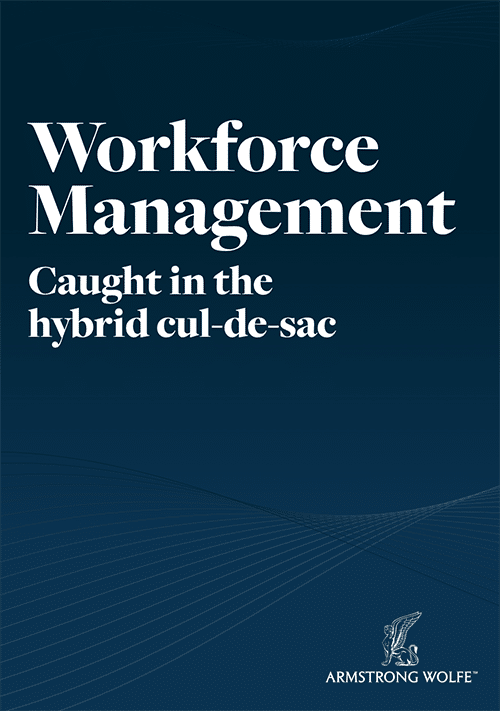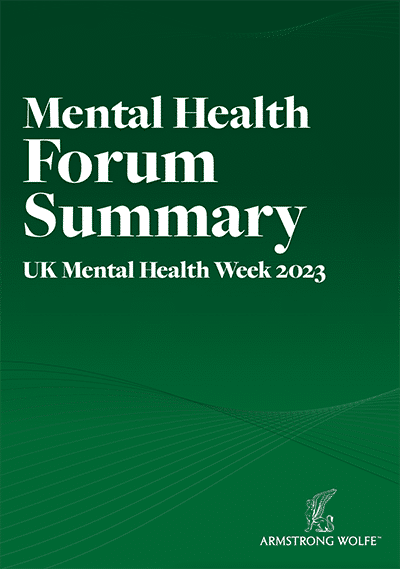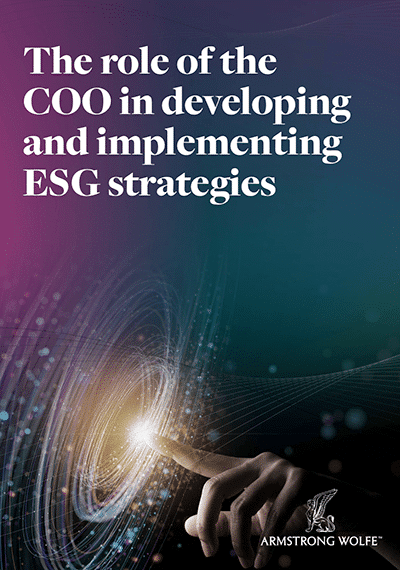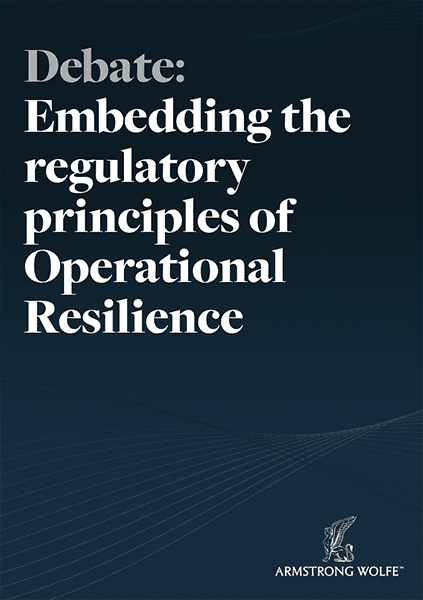From her first role at Bankers Trust to the CEO of the European Bank, Laura offers an insight in to her journey to CEO.
Laura shares her experiences on seeking to understand differences with a life-long interesting in learning, the power of transparency and effective communication with stakeholders and colleagues alike and, above all else, the importance of enjoying the journey whilst leading by example.
What led you to a career within Financial Services?
I was always very interested in working in an entrepreneurial environment. I was also excited about international experiences, having taken my first trip abroad upon graduating from University, and having the opportunity to experience business in the context of global culture was very important to me. I was also looking for the opportunity to experience a wide and diverse range of roles over the course of my career.
Finally, with Financial Services being an industry that must constantly adapt to rapid change, and support its clients, employees, shareholders and the communities in which it operates, it was a very exciting place to be.
Bankers Trust Company, my first employer, provided all of this. It also gave me very early exposure to senior management, and the culture was very collaborative whilst competitive. These early experiences reinforced my thoughts that Financial Services was an ideal industry to work in.
Since the early days of joining BT, I have had opportunities to work at a variety of organizations, in different countries around the world. My roles have included Head of APAC Client Service and Operations at BT, based in Sydney; Head of EMEA Operations at BT/ Deutsche Bank, in London; Head of Business Management at PIMCO Europe and Deputy COO at Barings Asset Management, in London; Branch Manager and COO in Frankfurt, CEO of the European Bank, in Brussels, and COO of Asset Servicing and Digital, in New York, all at BNY Mellon. I have enjoyed an abundance of experiences, which have all built on each other and led me to now focusing on global Board and Advisory roles.
I can honestly say that what attracted me to Financial Services early on remains true today, and my career showcases it. Whilst Financial Services is constantly changing, and strategic change and sustainability are more important now than ever, it continues to be a wonderful industry which provides many opportunities.
How did you find the cross-cultural transition to working in different countries?
Working in different regions of the world, and countries, has been an enriching experience, personally and professionally.
Australia was the first place I worked and lived abroad. I went there to establish an Operations Center to service the APAC region, so I was working with people in a real variety of countries and cultures. I made a lot of mistakes and had to learn quickly.
All of this taught me to be alert to not being judgmental, but rather to seek to understand differences. And to ask “Why” when I did not understand something, with a genuine interest in learning about it.
How did you experience being a woman in a very male-dominated profession?
For a long time, I never felt that there were any differences. I worked hard for the organizations I was employed by, and felt that my contributions were recognized and rewarded. It was only as my career progressed, and the roles I was doing became more senior, that I came to understand a different picture, especially through learning about impostor syndrome.
These experiences have shaped my strong belief in the importance of gender diversity, and finding ways to teach girls in school and young women in university and just starting work to understand and overcome any feelings that they are not good enough. They have so much to contribute to making the world a better place, and it is crucial that we support their development of self-belief early on. participants the opportunity to build their knowledge and also provide an opportunity to network with other women in similar industries and roles.
What advice would you give to yourself 20 years ago?
First and foremost, bring a passion for life long learning to your work. Business is changing so rapidly now, with technology and digitization as enablers, that you have to be ready to change with it, support the change for clients, colleagues, and communities.
With the world being more connected than ever, most of us engage with colleagues around the world in the course of our daily work. I have benefitted from actively seeking to understand how different countries and cultures operate, what are their features, what makes them tick. In the US, we can sometimes assume that everything in the world works as it does in the US, and with experience we learn that this may not be the case. Understanding how businesses, governments, regulators operate globally can impact businesses and the ability to succeed.
Networks connect the world, and we all can find support and assistance in our own informal and formal networks. Seeking to establish and develop them is important. I have always found that people are pretty happy and willing to help each other. And remembering to pay it forward and help others helps the entire business and community progress.
Surrounding yourself with a diverse group of friends and colleagues, to maximize what you will learn about how different people approach the same problem, will lead to better outcomes. Quite often, one plus one will equal three rather than two.
And finally, it is so important to remember to have fun. I have had wonderful opportunities to live and work in many places. Work is one very important and enriching part of life, and it is equally important to really enjoy and be personally enriched by the opportunities it brings you.
How have you kept true to yourself whilst simultaneously achieving success throughout your career?
I have always sought first and foremost to do what is right for the enterprise. Balancing business opportunity and the ambition to drive sustainable profit and growth, with internal and external controls and governance requirements, can sometimes be challenging. I have always seen my role as CEO and leader as requiring those balances to be understood and respected, supporting all aspects of the business.
Understanding exactly what it is which needs to be done, making the time to engage with stakeholders inside and outside of the organization, and really listen to and hear what they have to say, has helped me to ensure that I was leading on and delivering what was really needed rather than what I thought or assumed was needed. And taking personal responsibility, whilst supporting teams and colleagues, I have always found to be very important to success and developing followership.
I have also found that communicating transparently, continuously and consistently is critical to sharing successes, flagging issues early, and keeping everyone aligned and on board. This is not easy when things are not going well, but it is of course in those moments that it is most important.
Finally, I have always sought to remember that stakeholders include customers, colleagues, shareholders and the communities in which our businesses operate. It is crucial to engage with, consider the impact to, and support all of them. When we leaders behave in this way, others follow us.
How do you feel the world of work has changed since you started your career journey?
The biggest changes I observe are that understanding the rapid pace of change, the impact of technology, and taking the opportunity to learn new skills to keep current are really important.
In addition to technology, globalization has been a huge evolution and whilst it may go politically in and out of favor, there is no denying that we instantly know what is going on around the world, and connect to it, for better or worse, more so now than ever. It is really important to acknowledge this and be comfortable with it.
Business is no longer the exclusive domain of white men. Women and ethnically diverse colleagues are attaining roles of prominence more than ever, and it is about time. We have all learned that diverse organizations are more successful and this arises from them looking and operating like the stakeholder communities in which they engage and serve. Still, there is more to do.
It is important that businesses are finally considering that their role is greater than that of simply enhancing shareholder value, that they have a responsibility to society and the world, and to making it a better place for all.
